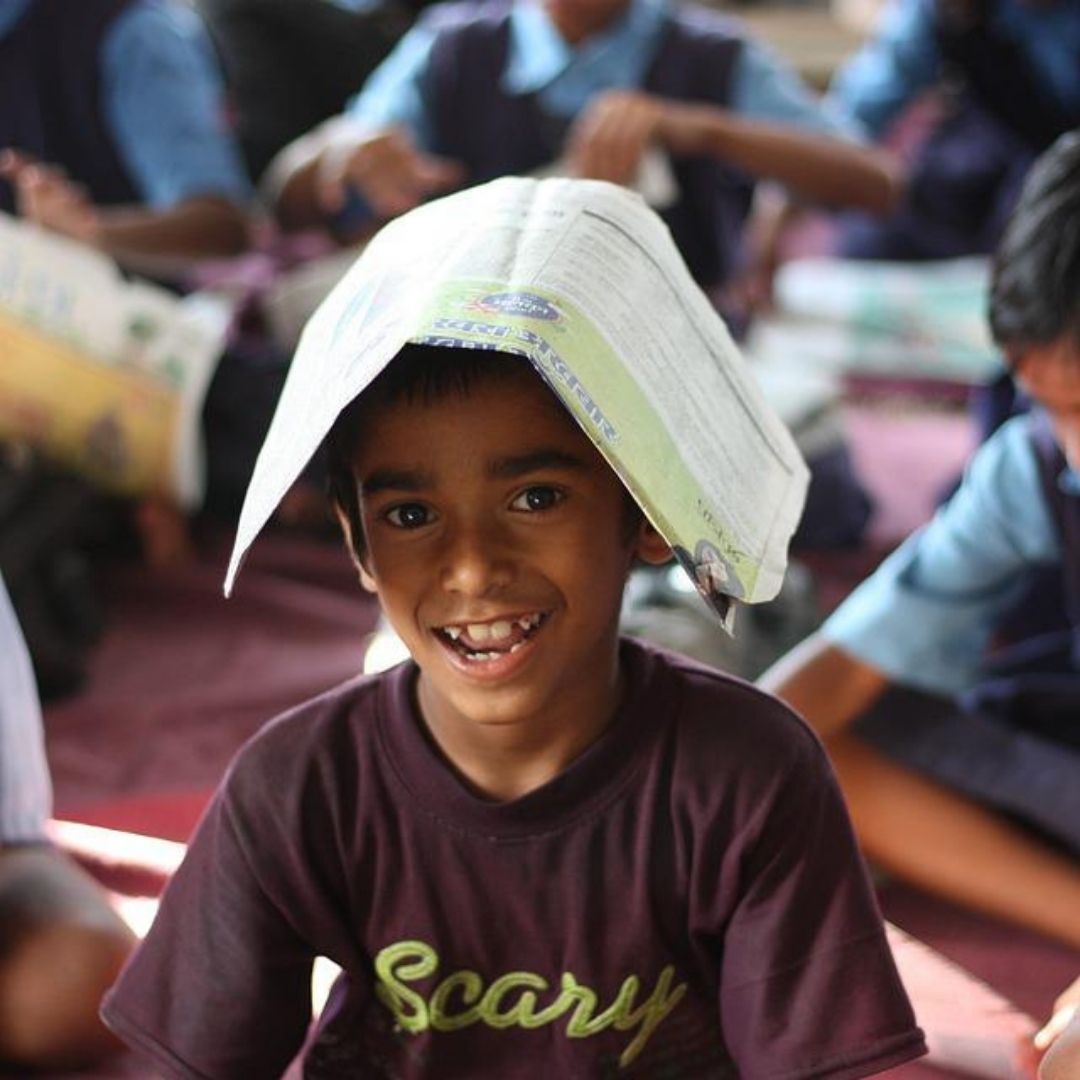
Image Credits: Pixabay
Pvt Schools Can't Force Parents To Buy Costly Books: Here Are Some Similar Practices Still Followed In India
Writer: Tashafi Nazir
For most people, journalism sounds hectic and chaotic. For her, it's a passion she has been chasing for years. With an extensive media background, Tashafi believes in putting efforts on presenting a simple incident in the most interesting way.
India, 11 May 2022 8:06 AM GMT
Editor : Shiva Chaudhary |
A post-graduate in Journalism and Mass Communication with relevant skills, specialising in content editing & writing. I believe in the precise dissemination of information based on facts to the public.
Creatives : Tashafi Nazir
For most people, journalism sounds hectic and chaotic. For her, it's a passion she has been chasing for years. With an extensive media background, Tashafi believes in putting efforts on presenting a simple incident in the most interesting way.
According to an official order, the Directorate of Education (DoE) stated that private schools are run by societies or trusts, and have no scope for profit and commercialisation.
Last week, the Delhi government warned private schools of stern action if they force parents to buy costly educational material and uniforms from it or any specific vendor. The schools have also been directed to not change the design, colour or any other specifications of uniforms for at least three years.
According to an official order, the Directorate of Education (DoE) stated that private schools are run by societies or trusts, and have no scope for-profit and commercialisation. "Schools shall display a class-wise list of books and writing materials to be introduced in the coming session as per rule well in advance on the school website, and (this should) also be communicated clearly to parents via other media," the order stated.
Additionally, schools need to display the names, addresses and telephone numbers of at least five shops nearby schools where books and uniforms will be made available for children, Mint reported.
"However, schools cannot force parents to purchase these things from any selected vendors. Parents can buy books and uniforms from any shop as per their suitability and convenience," the statement said.
The order has brought relief to parents struggling to pay hefty amounts for books and uniforms in private schools.
"Many households have lost their livelihood since the COVID-19 pandemic, making it tough for them to buy expensive books and uniforms from specific shops which charge arbitrarily," Deputy Chief Minister Manish Sisodia said.
Sisodia, who also holds the education portfolio, said that the order will give freedom to parents across the national capital to buy books and uniforms for their children as per their convenience.
The minister added that no school has the authority to force them to buy books or uniforms from a specific shop or vendor. "The primary cause of education should be to "nurture the nation's future, not minting money," he said.
While the Delhi government's move is considered to be a welcome step, here are some predatory practices that most schools in India still follow:
Exorbitant School Fees
Since the reopening of schools for physical classes, many private schools, especially in Delhi, have hiked fees on various occasions, as alleged by parents of prominent schools. They have been demanding the rollback of fees hiked by schools amid the prevailing COVID-19 pandemic situation.
In Gujarat, 2.82 lakh students shifted to government schools from private schools in the academic year 2021-22, as per the state education department.Similarly, in Delhi, 1.58 lakh students moved from private to government schools.
Change Of Uniforms
According to a report by The Tribune, most private schools have multiple uniforms for singling out primary and secondary grades, including separate ones for sports and house uniforms. Frequently changing the design and colour of uniforms and shoes, among other stuff, has the parents running from one shop to another, to find the complete set at exorbitant prices.
High Cost Of Online Education
As schools and universities were compelled to shut down and move fully online, the poorest of the poor with no access to smartphones or the internet were literally left in the lurch.
According to The Wire article, the private online education market was valued at roughly Rs 39 billion in 2018 and is expected to cross around Rs 360 million by 2024.
Since schools all over the country had to shift to online mode, parents had to arrange a laptop or a smartphone with unlimited data and give tuition fees to the school for teaching online.
No Play And All Work
The year-end results and board examinations in the Indian education sphere hold utmost importance. Not getting enough marks subjects students to a series of humiliation, mental harassment and loss of confidence.
Sports, art and craft, and extra-curricular activities are not held in high regard by parents, institutions and society. Academic subjects are given utmost importance, and teachers are often seen using up their periods allotted to sports and other extra-curricular activities to finish up their own syllabus.
Lack Of Individuality
The objective of education is to educate and empower individuals to achieve desired success in their lives. Not every child wants to become a rocket scientist in future, they may wish to become a poet, a singer, or a sportsperson, or a public speakHere areer. But the students in India will have to study the same subjects and go through the same mode of education even though many of the subjects or topics being taught will be of no use to them a few years down the line.
Also Read: Historic! In A First, Assam's Tea Gardens Get High Schools In 75 Years Of India's Independence
 All section
All section














